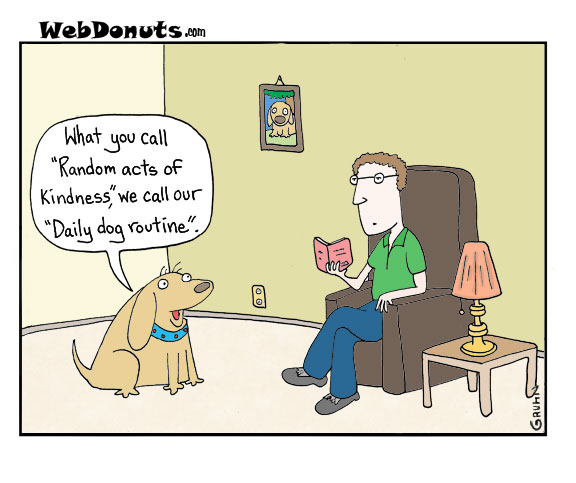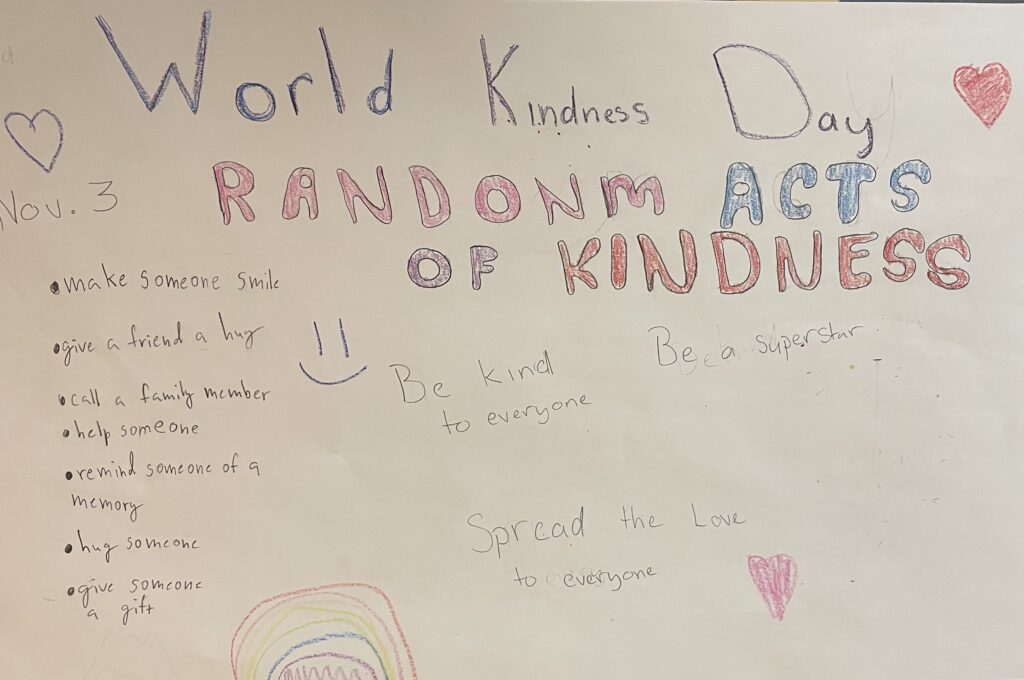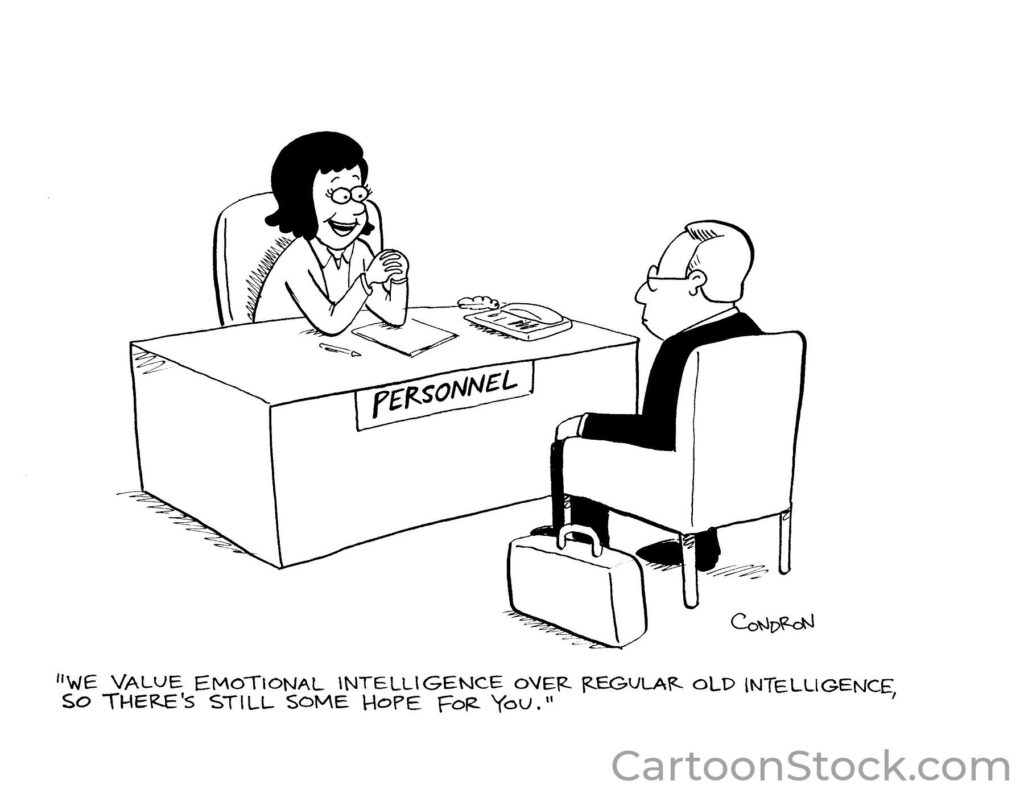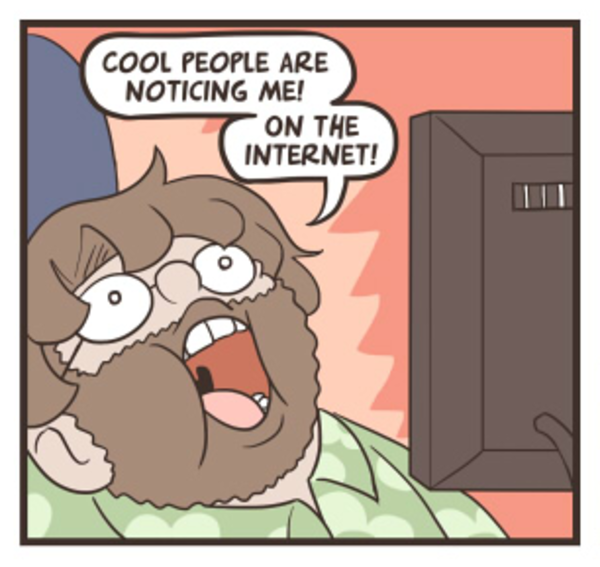
World Kindness Day is celebrated annually on November 13. On this day, participants attempt to make the world a better place by celebrating and promoting good deeds and pledging acts of kindness, either as individuals or as organizations. What a wonderful program.
My eight-year-old grandson’s school promotes and celebrates the day. When I picked him up at school, I saw this poster his class had made.

Kindness is the foundation of civility, peace, accord, and community. It is the oil that lubricates human relationships. Without it, human alliances get rusty, mundane, tedious, and eventually break down.
The opposite of kindness—cruelty, intentional harm, malice, animosity—are certainly detrimental, but even the mere absence of kindness—neglecting to be kind to others—can cause harm.
The Bible includes kindness in the list of the fruit of the Spirit (Galatians 5:22). The Apostle Paul simply says, “Be kind to one another” (Ephesians 4:32).
Most acts of kindness are simple and don’t take a lot of time or money. And they’re not hard to identify; even Ben’s second-grade classmates came up with a good list. I challenge you to make your own list of at least 12 ways you could show kindness to people you will encounter today. And then do them. You and the world will be better off for it.
Never underestimate the impact that one simple act of kindness can have. The following story is my all-time favorite illustration of the power of a kind deed.
The South African bishop, Desmond Tutu, was once asked why he became an Anglican priest. He told this story, “In the days of apartheid, when a black person and a white person met while walking on a footpath, the black person was expected to step into the gutter to allow the white person to pass and then nod his head as a gesture of respect.
“One day, when I was just a little boy, my mother and I were walking down the street when a tall, white man, dressed in a black suit, came toward us. Before my mother and I could step off the sidewalk, as was expected of us, this man stepped off the sidewalk and, as my mother and I passed, tipped his hat in a gesture of respect to her. I was more than surprised at what had happened, and I asked my mother, ‘Why did that white man do that?’ My mother explained, ‘He’s an Anglican priest. He’s a man of God, that’s why he did it.’ When she told me that he was an Anglican priest, I decided there and then that I wanted to be an Anglican priest too. And what is more, I wanted to be a man of God.”
Desmond Tutu, along with Nelson Mandela, were largely credited with the abolishment of apartheid in South Africa. Perhaps that one act of kindness he experienced as a child set the course of his entire life of service to others.
Today, and for the rest of your life, be kind.
Israel 2023 
Mary and I just returned from a terrific trip to Israel hosted by Insight for Living. I had the privilege of leading worship when we gathered at The Southern Steps, Garden Tomb, Mount of Beatitudes, Sea of Galilee, and other venues. Everyone should go to Israel at least once, and when you go, travel with Chuck Swindoll.



